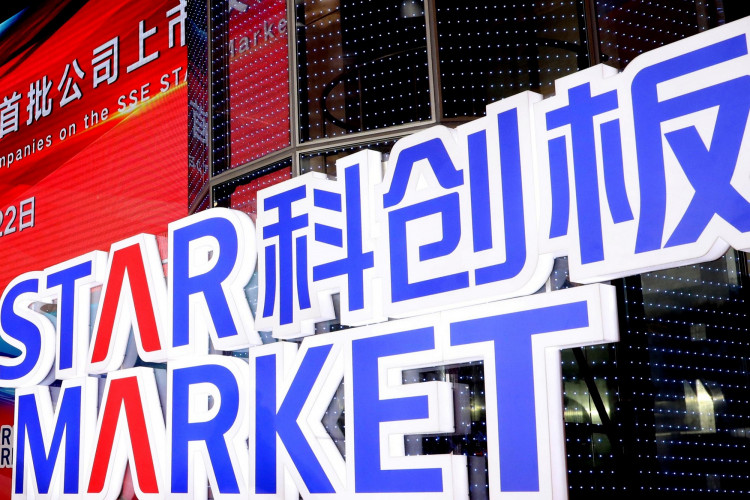Clinical-stage biopharmaceutical services provider Shanghai Henlius Biotech is moving closer to its planned listing on Shanghai's Star Market tech innovation board. The Hong Kong-listed company revealed that it is moving ahead with the listing despite the lingering economic impact of the pandemic and rising geopolitical tensions.
Shanghai Henlius Biotech's chief executive officer, Scott Liu Shigao, said on Sunday that the company was making a lot of progress toward the listing. The executive did not immediately discuss the timing nor the size of the planned A-share listing. Liu did mention that the proceeds of the share sale will mostly be used to enhance the company's research capabilities.
The company, which is well known as being the first Chinese firm to develop a monoclonal antibodies biosimilar (mAb) product, aims to make its portfolio of treatments more accessible to patients in China. With the capital raised from its planned share sale, Shanghai Henlius Biotech plans to upgrade its research and production facilities to drive down overall costs while maintaining quality.
The Shanghai-based firm, which is a spinoff company of Shanghai Fosun Pharmaceutical, just launched its second biosimilar product, called Zercepac, over the weekend. The treatment had received approval from drug regulators in both China and the European Union. Zercepac, which is also known as Trastuzumab, is mainly used to treat gastric and breast cancers.
The company's share price in Hong Kong has increased by around 22 percent so far this year. The stock closed at HK$54 per share on Tuesday.
Shanghai Henlius Biotech's planned listing comes at a very opportune time as China continues to implement supporting measures to prop up its biotech industry. The country aims to bring the industry on par with international standards by empowering major players and giving them easier access to much-needed capital.
Biotech firms currently account for about 25 percent of the companies listed on Shanghai's NASDAQ-style Star Market. The increase in the number of biotech companies on the technology innovation board can partly be attributed to China's ambitious "Made in China 2025" initiative, in which biotechnology is one of the sectors being covered.
Another major reason for China's accelerated efforts to enhance its biotech industry is to reduce its dependency on foreign companies. As tensions between China and the U.S. continue to escalate, Beijing could face the possibility of being shut out by American suppliers.




